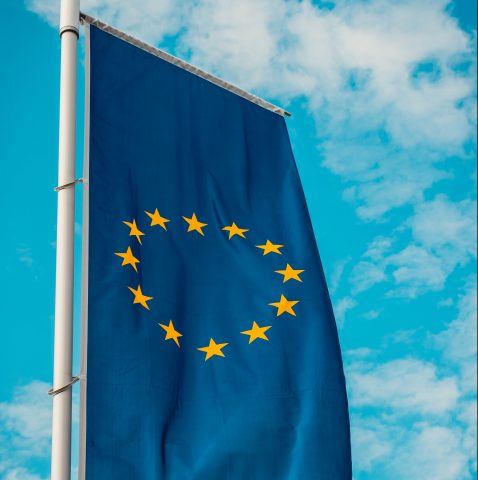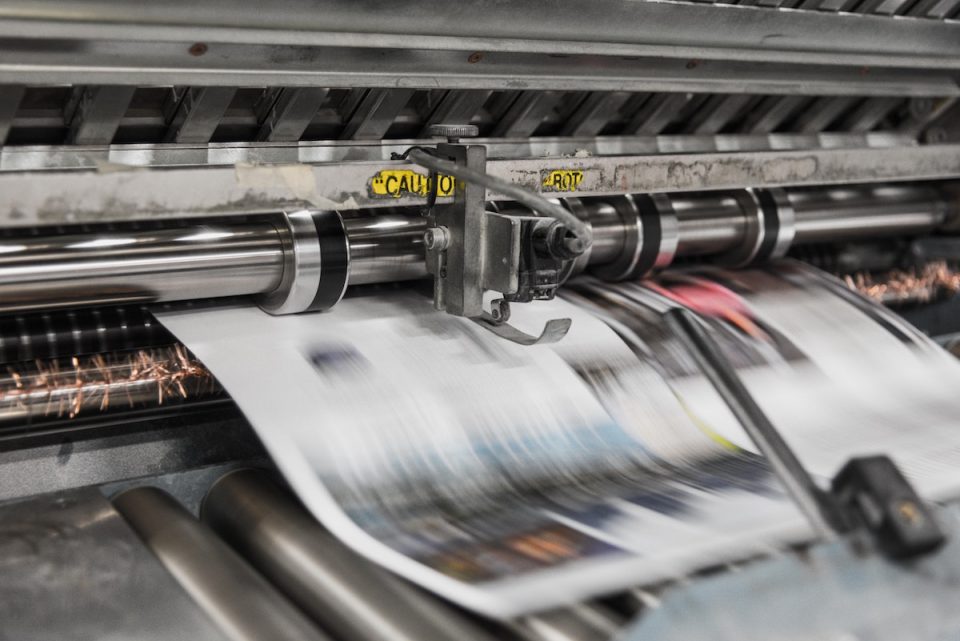What is Article 13? The New Copyright Rules for the Internet

Boost your productivity with Work Breaks
May 14, 2019
How Sleep Deprivation Affects Your Productivity?
May 22, 2019
On March 27, 2019, the EU agreed a new EU Copyright Directive. Ahead of the parliament agreeing the directive, one section of the regulation attracted a lot of headlines: Article 13. Business Optimizer takes a look at its implications for Internet users and summarises everything you need to know about these new controversial rules.
What has got the big tech giants like Google, YouTube and Facebook up in arms?
They’ve all raised concerns about the controversial article in the new EU Copyright Directive covers how “online content sharing services” should deal with copyright-protected content, such as television programmes and movies.
Specifically, it seeks to hold platform operators – such as YouTube, Facebook and Twitter – accountable for the content published on their sites. This is intended to strengthen copyright law and protection against copyright infringement across EU member states.
However, the directive – and, in particular, Article 13 in the draft directive (subsequently Article 17 in the final version) – has attracted some high-profile opponents, including Tim Berners Lee and Jimmy Wales. In an open letter in 2018, they argued, “Article 13 takes an unprecedented step towards the transformation of the Internet, from an open platform for sharing and innovation, into a tool for the automated surveillance and control of its users.”
Protecting the right to criticise and parody
Despite the noise from some sectors of the technology press, the EU has repeatedly stated that it has no desire to stifle creativity or prevent users from creating and sharing memes online. It repeatedly underlined that, “everywhere in Europe the use of existing works for purposes of quotation, criticism and caricature as well as parody are explicitly allowed.”
The European Parliament approved the legislation in April this year, by which point revisions to the text meant Article 13 had become Article 17. Despite the numerical change, the complaints remained constant.
Kenan Malik, writing in the UK’s Guardian newspaper, argued that passing the regulation might be intended to curb the Internet giants’ influence, but “will only make them stronger”.
He points out that it is a Google subsidiary, Alphabet, which is at the forefront of developing copyright-detection algorithms: “So it will mint money by licensing its files to smaller platforms, thanks to a law supposedly aimed at reducing its influence.”
Malik says the problem arises from the contradiction inherent in our two main concerns. We worry the tech giants are too powerful. But we also want them to better police their content. “In so doing,” Malik writes, “we make them more powerful still and make it easier for them to intrude into our lives.”
Passed by Parliamentarians
EU parliamentarians, cognisant of these very real concerns, made some specific changes to the draft legislation before it was agreed. Their focus included:
- Internet platforms are liable for content that users upload
- Some uploaded material, such as memes or GIFs, now specifically excluded from directive
- Hyperlinks to news articles, accompanied by “individual words or very short extracts”, can be shared freely
- Journalists must get a share of any copyright-related revenue obtained by their news publisher
- Start-up platforms subject to lighter obligations
In this way, the EU Copyright Directive strengthens the existing copyright rules whilst continuing to ensure the Internet remains a space for freedom of expression.
Axel Voss (EPP, DE) welcomed the approval of the directive, saying, “This directive is an important step towards correcting a situation which has allowed a few companies to earn huge sums of money without properly remunerating the thousands of creatives and journalists whose work they depend on… This is a directive which protects people’s living, safeguards democracy by defending a diverse media landscape, entrenches freedom of expression, and encourages start-ups and technological development. It helps make the internet ready for the future, a space which benefits everyone, not only a powerful few.”



